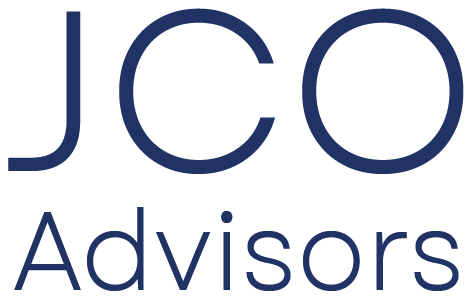What Is Holistic Financial Planning?
In holistic financial planning, we consider every important aspect of your financial life and create a plan that enables you to achieve your goals while living according to your values. Holistic planning is distinguished by being both comprehensive and cohesive. Through a structured and collaborative process, we will address all major relevant financial planning topics. In order to be effective, the plan must also be cohesive, which means that the different elements of the plan function harmoniously together to support your goals. For example, investments and tax planning each impact the other, and are best addressed together rather than in silos. If you are planning a major transition, like a career change or retirement, we work with you to align each element of your plan with your life strategy.
Following construction of the initial plan, we will outline action items and partner with you to implement the plan.
Throughout the engagement, the advisor is your ongoing thought partner, acting as a hub for advice and coordinating the services of other advisors such as attorneys and accountants when appropriate. You have access to us for questions and issues that arise between our scheduled meetings.
Like life, a plan never stops moving. We adapt and update your plan as circumstances change.
Key Financial Planning Topics
Below are examples of financial planning topics we can address. Each client is different, and we will tailor both the topics, and the order in which we address them, to your unique situation.
Planning Topics
Life Transition Planning – Maybe Retirement, Maybe Not
Job/career change financial evaluation and projections
Transition timing decisions
Savings plan, including 401(k) and IRA contributions
Withdrawal planning
Social security claiming strategies
Small business retirement plan selection
Taxes
Tax bracket optimization, including Roth conversions and loss harvesting
Donor advised funds
Health savings accounts
Tax-optimized education funding (529s, credits)
Tax deferral product advice
Affordable Care Act tax credit management
Estate Planning
Estate design
Review of existing documents
Charitable estate planning
Estate settlement advice
Trust strategies
Charitable Giving Strategies
Donor advised funds
Donation bunching
Qualified Charitable Distributions (QCDs) from tax-deferred accounts
Advanced trust strategies
Healthcare
Employee healthcare benefit selection
Medicare decisions, including traditional Medicare vs. Advantage and Advantage plan selection
Income Related Monthly Adjustment Amount (IRMAA) management
Pre-Medicare insurance options, including Exchange plans and COBRA
Long term care policy assessment
Patient assistance programs, including drug co-pay cards
Employee Benefits and Equity Compensation
Qualified and nonqualified option exercise strategies
Restricted stock unit holding plan
Deferred compensation plan participation
Employee stock purchase plan utilization
Compensation negotiation strategies
Investments
Asset class allocation
Investment selection (primarily ETFs) across all accounts
Inheritance and business sale proceeds investment
Tax-favored asset location between taxable, tax deferred and tax free accounts
Rebalancing
Risk Management
Life insurance needs
Assessment of existing policies
General property/casualty liability, disability, and long-term care advice
Business succession planning insurance tools
Coordination of policy purchases
Paying for Education
Cost forecasting
Savings planning
529 plan implementation
Tax credits









